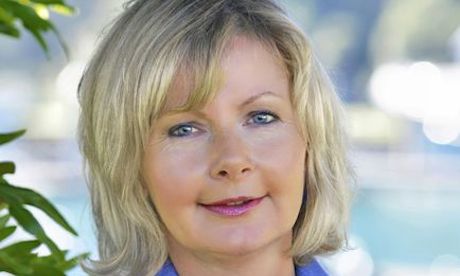All of us have been and the generations to come, will be born into an inheritance of one kind of another.
Part of that inheritance is that we are heirs of a world scarred by the internationalising and industrialising of the slave-owning and slave-trading nations of the past and that much historic prosperity has been built on this atrocity.
Even if it is argued that we are not born free, are we not born for freedom and have to learn how to be free?
Part of that process means facing up to the legacy we inherit without fear, excuse or falsity.
It means thinking truthfully about where we have come from, how our cultures and habits were formed, how as people, communities and nations, we collectively got into situations that frustrated our best and good intentions.
For centuries, if not millennia, slavery was taken for granted by many Christian and non-Christian people. The corporate sin of the Church was also complicit in and profited financially from it.
Yet it was also a mass movement of Christians and other faith campaigners, slaves and free women and men, who woke up the conscience of an entire civilisation and brought about the abolition of the transatlantic slave trade over 200 years ago.
World leaders and the media are speaking and writing much about 276 schoolgirls kidnapped over a month ago by Islamist militant group Boko Haram in Nigeria.
Boko Haram roughly translated means ‘Western education is sin.’
Boko Haram’s leader knows deep down that education has the potential to liberate the mind and heart and be an equalising force in society. For him and his followers, there can be none of that. Continue reading.
Hilary Oxford Smith is a writer, poet, and an ordained minister of the Church of Scotland, living and working in New Zealand, and an associate member of the Iona Community.
Source: Vaughan Park
Image: Vaughan Park
